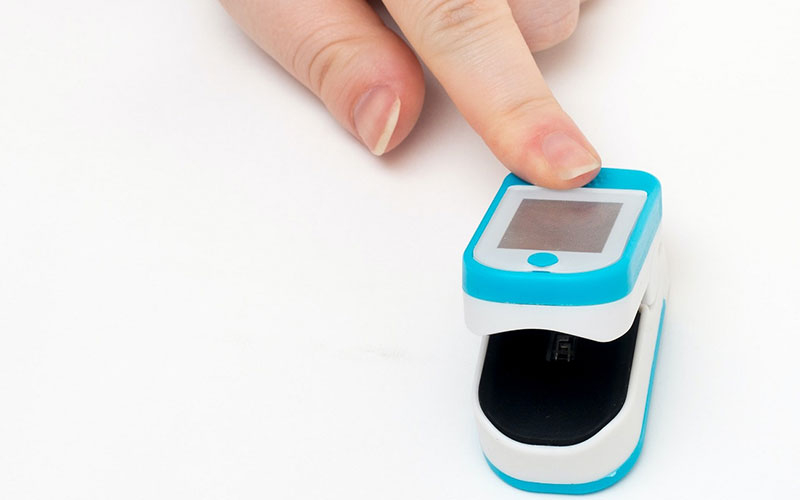Improving patient care with sensing technology
Biomedical sensor inks for use in biosensing and diagnostic applications
Haydale has developed a range of functionalised biomedical sensor inks for use in biosensing and diagnostic applications. These inks contain functional groups that enable them to interact with biological molecules, such as proteins or DNA, allowing for the detection of specific analytes.
Functionalised Graphene sensors
In 2021, Haydale started collaborating with Cardiff University and specifically the Wales Kidney Research Unit (WKRU) to develop a prototype biosensor that incorporates its functionalised biomedical sensor inks.
The biosensor was designed to detect specific electrochemical urinary microRNAs to replace the need for invasive biopsies to detect delayed graft function in kidney transplant patients.

Biosensor that incorporates functionalised graphene biomedical sensor inks for applications such as diabetes and kidney disease.
Graphene sensors for quicker and accurate results
The new detection method offers a quicker and cheaper test than PCRs currently used. The use of graphene as a sensory ink offers improvements in electrical conductivity, sensitivity and response rate in a biomedical sensor that delivers results quicker and more accurately than current methods.
Haydale has expanded its product line to include a range of functionalised biomedical sensor inks for various applications, including glucose monitoring, detection of gout, and kidney disease. These inks have the potential to revolutionise the field of biosensing and diagnostics, and could lead to the development of new, more accurate diagnostic tools and therapies for a wide range of diseases.
Contact us
Contact Haydale today to see how our expertise in biomedical applications can help find a solution for you.
